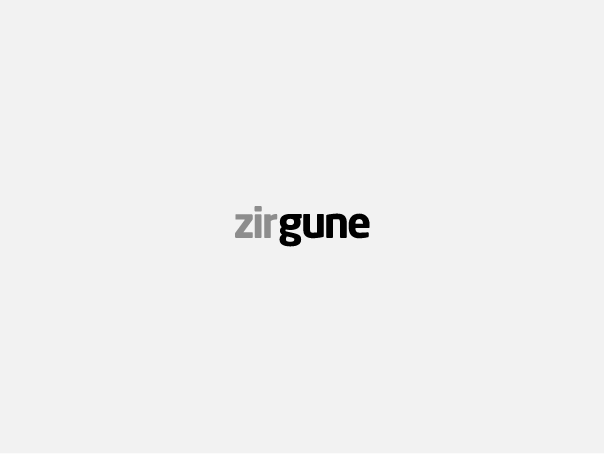Sustainability, Taxation, Artificial Intelligence (SOFIA): Use of Artificial Intelligence to promote the Circular Economy through tax policies aligned with the Sustainable Development Goals.
Other recherchers
Izaskun Alvarez, Ernesto Cilleruelo, Ruben Jimenez, Beñat Landeta, Iker Laskurain, Petr Mariel, Jon Olaskoaga, Cristina Peña, Rosa Rio, Susana Serrano, Robert Ugalde, Naiara Uriarte
Description
SOFIA aims to use business circularity indicators applicable to public policies aligned with the SDGs. Considering the EC standardisation regulations and existing methodologies to calculate the corporate environmental footprint, indicators will be proposed for the seven EC action areas included in the XP X30-9011 standard. Through the management of this data and with the help of AI-based tools, public policies committed to sustainable development will be proposed: promotion or reduced taxation programmes.
Applicability/impact of the results:
The need to move from a linear economy to an EC model requires valid indicators to assess the transformation process (Patón, 2020). However, we have observed the lack of consensus and general applicability of the indicators used to date (Camana, et al., 2021; Fernández-Mellado and González de Luis, 2021; Morseletto, 2020).
The impact of SOFIA on this Mission area is revealed in synthetic measurement tools that enable the public and private sectors to assess this transformation process towards an EC model. This assessment applied to business must facilitate the objective and transparent communication of the initiatives activated to adopt a circular management model, based on a cycle of continuous improvement, where indicators play a key role. In the planning, implementation, controlling and acting phases, circular sensibility must be generated based on the search for objective and demonstrable improvements, i.e., the degree of achievement of the objectives set in the planning phase must be known so action can be taken accordingly. We believe that it can serve as a first step at a business level to facilitate the adoption of international standardisation norms in later phases, which are currently being developed by the ISO/TC 323 "Circular Economy" technical committee.
This future standard aims to standardise the EC field through the development of frameworks, guidelines and support tools.
Other projects
Acronym
ValDesMar
Participating entities
University of the Basque Country, University of Bordeaux
Lead Researchers
Erlantz Lizundia, Maider Iturrondobeitia, Véronique Coma
Acronym
URPEKARI
Participating entities
University of the Basque Country, Tecnalia
Lead Researchers
Iñigo Martínez de Alegría, Lidia Rodríguez
Acronym
HEMEN
Participating entities
University of the Basque Country, Tecnalia
Lead Researchers
Juan José Gaitero, Aitor Barquero

